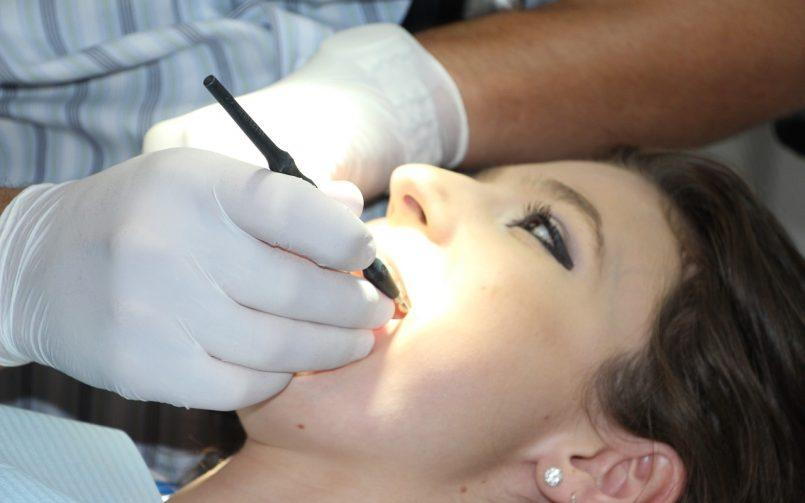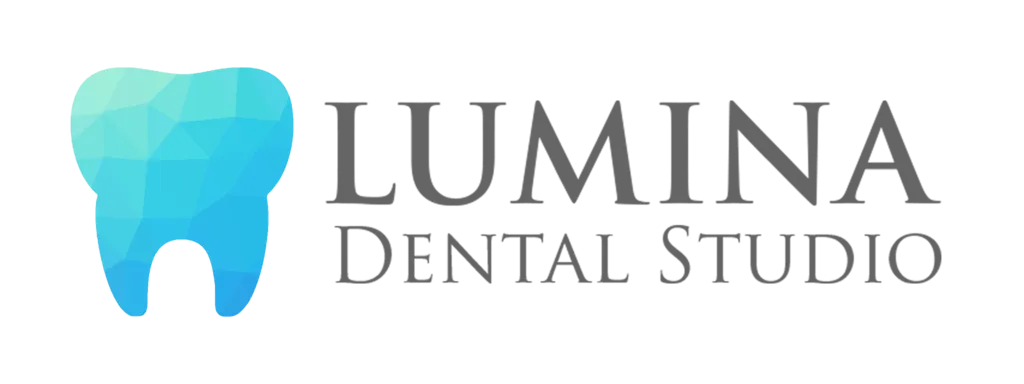
It is very common to find expectant mothers asking questions about dental procedures or treatments and how it affects their pregnancy.
This article provides answers to some of the most common questions that pregnant patients ask about dental work during pregnancy. If you have any questions that are not covered within the scope of this article, then you can contact Dr. Emmy Le DDS for further assistance.
FAQ: Is it safe to have preventive dental work during pregnancy?
Answer: Preventive dental procedures such as cleanings and examinations during pregnancy are not just safe but are also recommended.
Pregnant women experience a significant rise in hormone levels and this could cause their gums to swell and bleed more than normal. This condition is often called “Pregnancy gingivitis” and can be uncomfortable or painful. Expectant moms with existing periodontal disease need to have treatment to not only lessen and prevent this swelling and bleeding but also prevent gums from pulling away from their teeth, loosening of the teeth from the bone, and bad breath. Having regular dental cleanings will help remove plaque and tartar to lessen the inflammation in the gum and prevent infections caused by bad bacteria.
Women with periodontal disease have been linked to an increased risk of preterm birth and low birth weight babies compared to women without the periodontal disease. Complications may include babies born with feeding and digestive issues, respiratory problems, and problems with vision and hearing. It is highly recommended that pregnant women receive regular dental cleanings throughout their pregnancy and be monitored by her dentist.
FAQ: What if I want regular (not preventive) dental work during pregnancy?
Answer: Non- emergency procedures such as fillings and crowns are best carried out during the second trimester of pregnancy in order to prevent pain or infection. Once a pregnant mother reaches her third trimester, lying on her back for an extended period of time can be quite difficult.
In the case of emergency dental procedures, a root canal or tooth extraction may be necessary to treat pain and infection. Elective treatments or cosmetic procedures such as teeth whitening should be done after childbirth.
Overall it is safe for pregnant women to receive necessary dental treatments during childbirth to prevent pain and infection.
FAQ: What medications are used for dental work during pregnancy and how do they affect my unborn child?
Answer: The most common local anesthetic used during dental procedures is Lidocaine. Studies have shown that this numbing medicine is safe for both mom and baby and that there was no increased rate of miscarriage, preterm birth, or birth defects when administered.
If a dental procedure must be carried out during pregnancy then the amount of administered anesthesia should be as small as possible, yet enough to make the patient comfortable. When the mother is comfortable, the amount of stress on the mother and the baby as well is reduced.
Furthermore, antibiotics are used during dental procedures to treat or prevent infections. A dentist carrying out dental treatment on an expectant mother may prescribe category B antibiotics like clindamycin, penicillin, and amoxicillin after the procedure. Please always inform us of what medications you are currently taking and any allergies.
FAQ: How would x-rays used in dental work during pregnancy affect me or my baby?
Answer: Necessary and diagnostic x-rays may be necessary as they are used to determine the cause of pain or infection. The minimum amount of X-rays should be taken and are safe for mom and baby.
The American College of Radiology says that no single diagnostic x-ray has enough significant radiation to cause adverse effects to the development of an embryo or fetus. The ADA (American Dental Association) and ACOG also say that dental X-rays during pregnancy can be safe with appropriate shielding with a leaded apron.
Final thoughts
It is advised that pregnant mothers eat a balanced diet and brush and floss their teeth properly using a recommended fluoride toothpaste. In a nutshell, for pregnant mothers who wish to undergo a dental treatment, you are advised to:
Have preventive cleanings and examinations during your pregnancy.
Tell your dentist that you are pregnant.
Postpone all unnecessary dental work till either the second trimester or after childbirth.
